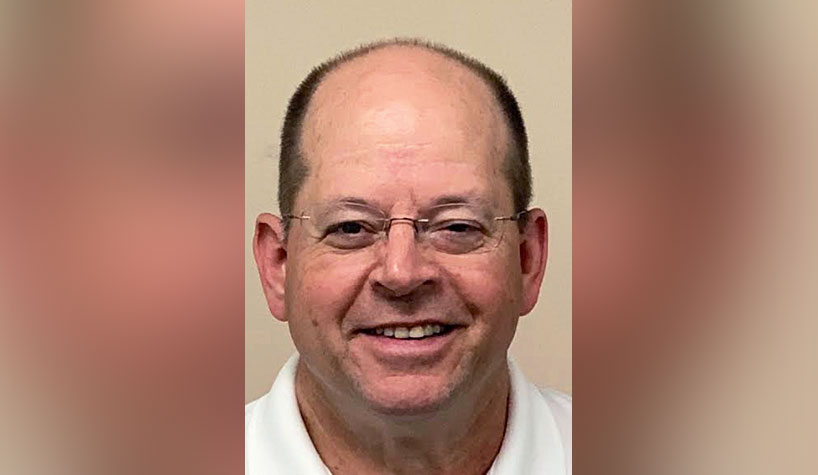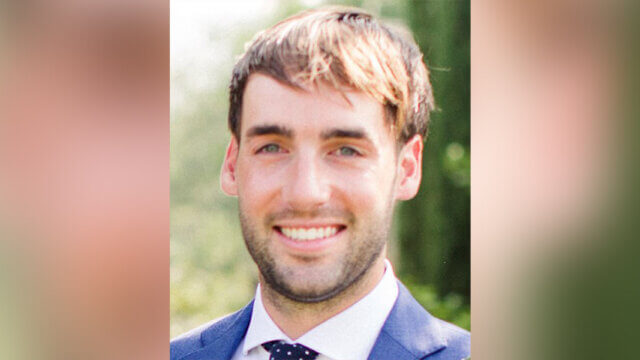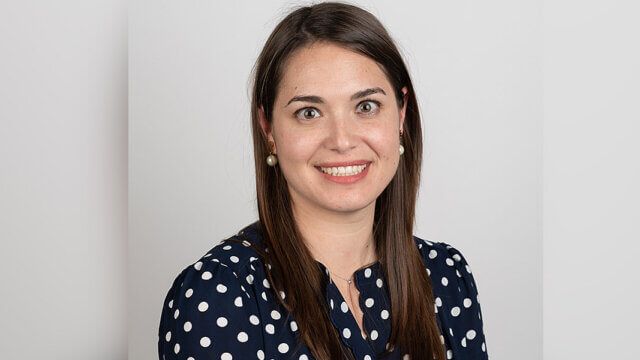By Ray Burger
There’s no doubt that the COVID-19 pandemic is changing hotel operations in every facet of a property, from the front desk to the back of the house. As hoteliers look to reopen their properties (or ramp up their operations), cleanliness needs to be the No. 1 priority. Here are a few ways operations will shift and how you can adapt for success.
Front-Desk Procedures
While contactless check-in is gaining steam amid the pandemic, there will always be a need for front-desk staff at many hotels. The main concern is to keep the team safe so that guests can also stay healthy. That means hoteliers will need to update their practices.
Sanitizer should be made available at every turn, most importantly in the lobby and at the elevators on every floor.
From budget to luxury hotels, every operator is forced to figure out what social-distancing procedures work best for them, and we see early examples at places like gas stations and grocery-store checkout. Floor markers can help keep people a safe distance apart and Plexiglas can create a barrier between the front-desk agent and guest.
Technology can and will assist here. However, many hotels are not equipped to overhaul their check-in process completely to implement a bypass-the-desk solution with mobile key. As hotels begin to figure out what check-in approach works best for them, we’ll see an accelerated adoption of contactless check-in solutions.
Housekeeping Best Practices
Housekeeping operations will be forever changed. While the hotel industry has always made cleanliness a priority, it’s time to ramp up the best practices. Brands have been doing a good job of communicating their standards, many partnering with health experts for guidance.
Some of these enhanced standards include focusing double-time on high-touch areas, such as light switches, door handles, remotes and thermostats in guestrooms. Many brands are removing paper, pens and guest directories from rooms and instead providing digital options. Hoteliers are leaving rooms empty after guests stay the night in an effort to put some more distance between guests, and stay-over housekeeping is being eliminated for guests who are staying more than one night.
Using technology to assist in sanitization will also be critical. Ultraviolet light will be efficient for small items like keycards and employee and guest cellphones, but for larger housekeeping duties we’ll see a quick adoption of vapor sprayers, electrostatic sprayers and airless disinfectant sprayers.
Hotels will increasingly turn to dispensed amenities over single-use plastics, not only for the environmental and economic benefits, but because it reduces the number of times a housekeeper must enter a room and the number of bottles to sanitize.
Adapting Food & Beverage
Bye bye, buffets. Self-serve breakfast stations may be a thing of the past—at least for a while. The American Hotel & Lodging Association in its Safe Stay guidelines recommends a limit on buffets. If buffets are offered, then a masked attendant should be serving the food.
This means the hotel food and beverage space is ripe for innovation. Room service could see a resurgence, as guests feel safer in their rooms away from other people. We could see more hotels close their restaurants and partner with neighboring establishments. That said, delivery would likely shift to contactless, with employees leaving food outside the door after a knock.
There has been some press around the disappearance of the guestroom minibar, but we see opportunities there to provide more fresh, personalized offerings that guests can order in advance. Even cocktails can be ordered, prepared and delivered to the guestroom in advance of arrival.
Communal areas—which have been all the rage the past few years, especially in recent lobby designs—will see an overhaul, with tables and chairs spaced farther apart to allow for social distancing, or partitions installed.
How to Communicate to Guests
While implementing all of these best practices is critical, it’s just as important to communicate to guests exactly what you are doing to keep them safe. After all, if guests don’t feel safe, they won’t ever book your hotel.
We see opportunities for hotels to detail their cleaning practices in videos and then ensure those videos are available at all booking points and in confirmation emails. Videos can be as simple as educating the traveler on what protocols you’re following to prepare rooms for the next guest, including a strong emphasis on disinfecting protocols.
The hotel industry has always been on top of the cleanliness game, but now’s the time to take it to the next level. By making certain you have the right products and procedures in place, you can build a safe environment for employees and guests alike.
Ray Burger is founder and president of Pineapple Hospitality, which has provided and promoted sustainability solutions for the hospitality industry since 1994. Before launching Pineapple, Burger worked in hotel management for more than 20 years, providing insight into hotel operations, sales and marketing.
This is a contributed piece to Hotel Business, authored by an industry professional. The thoughts expressed are the perspective of the bylined individual.




